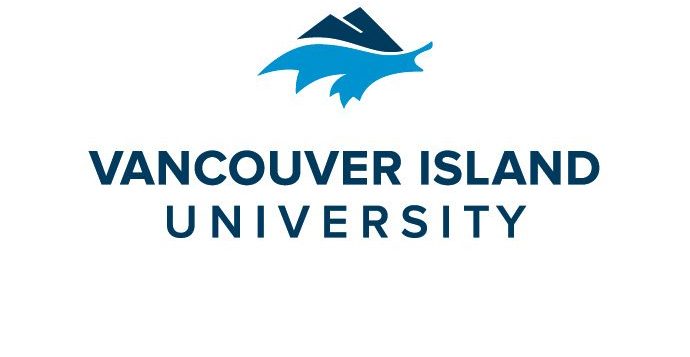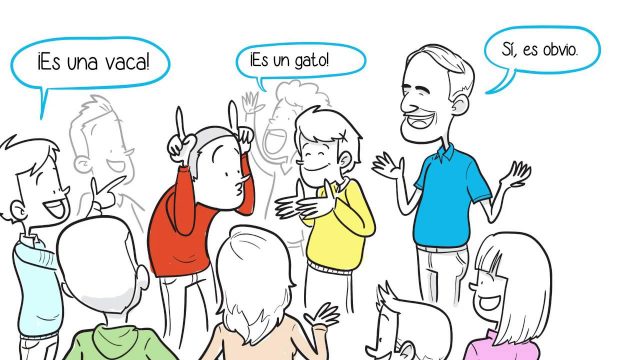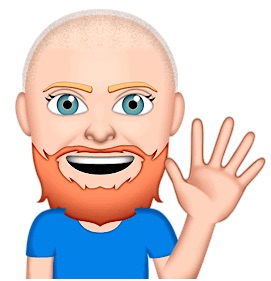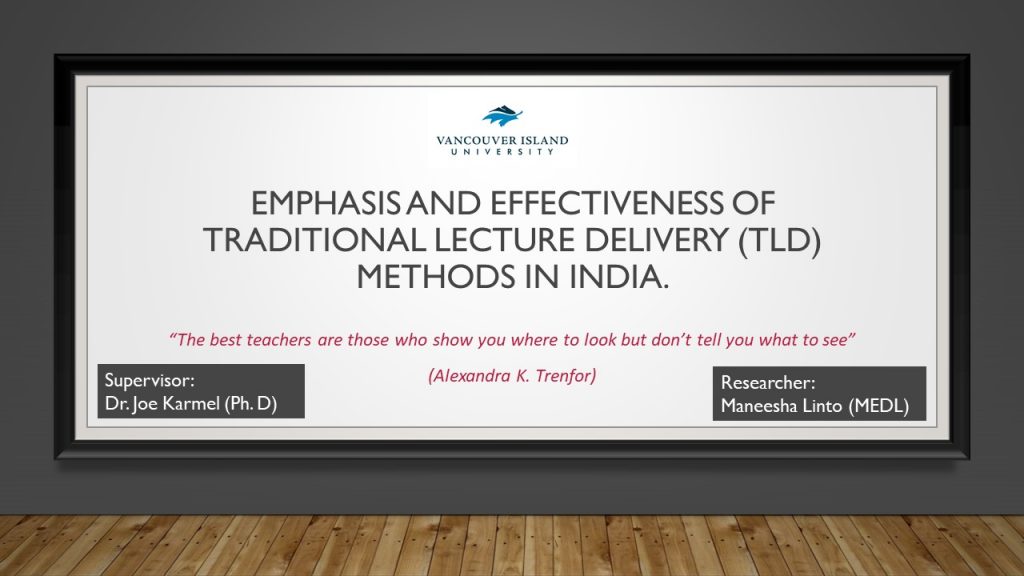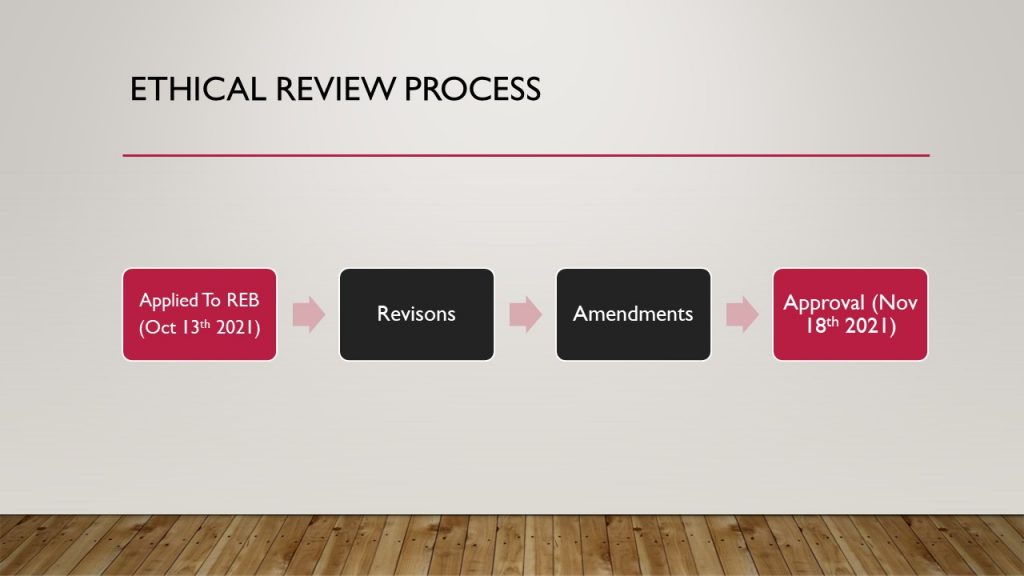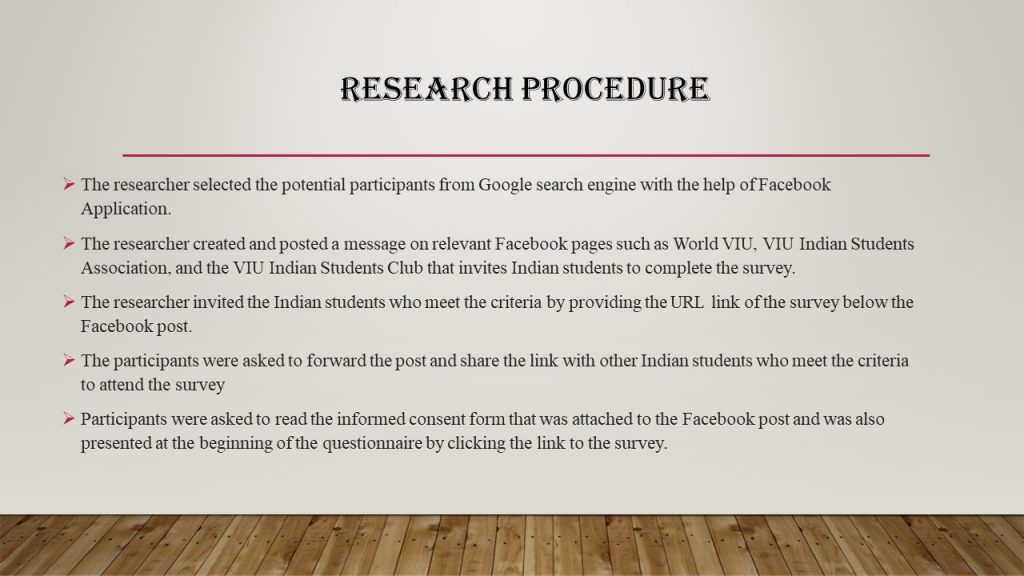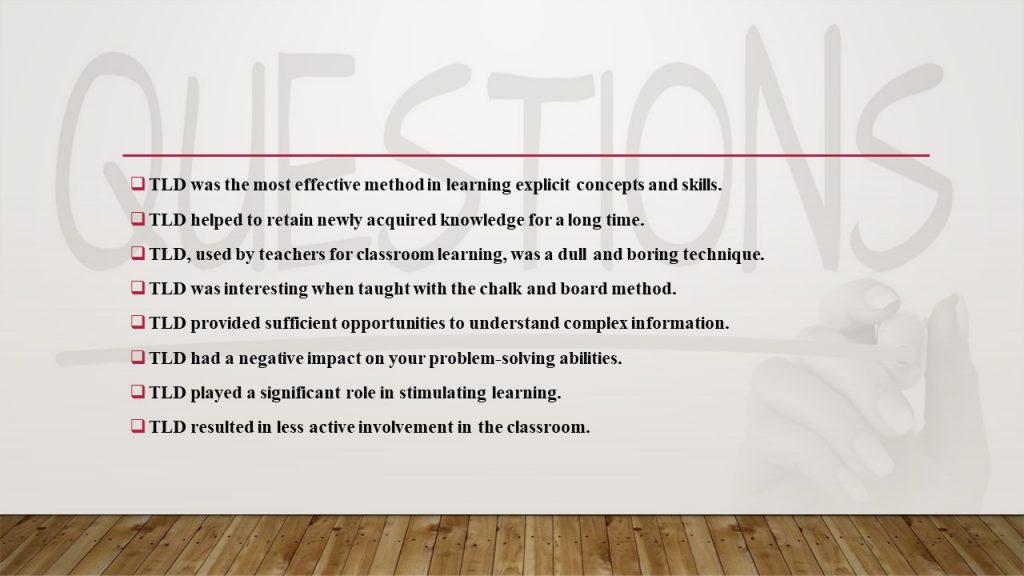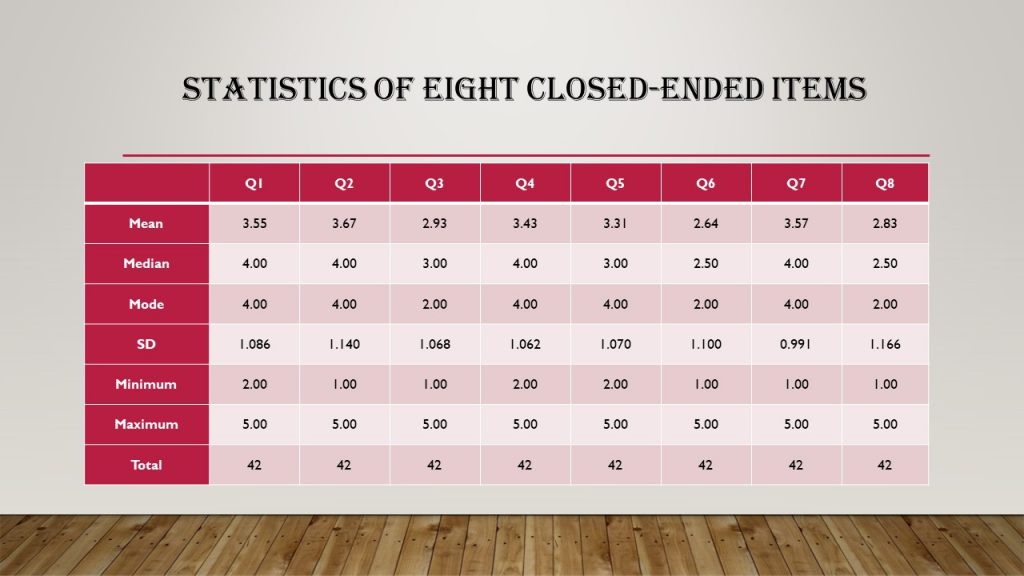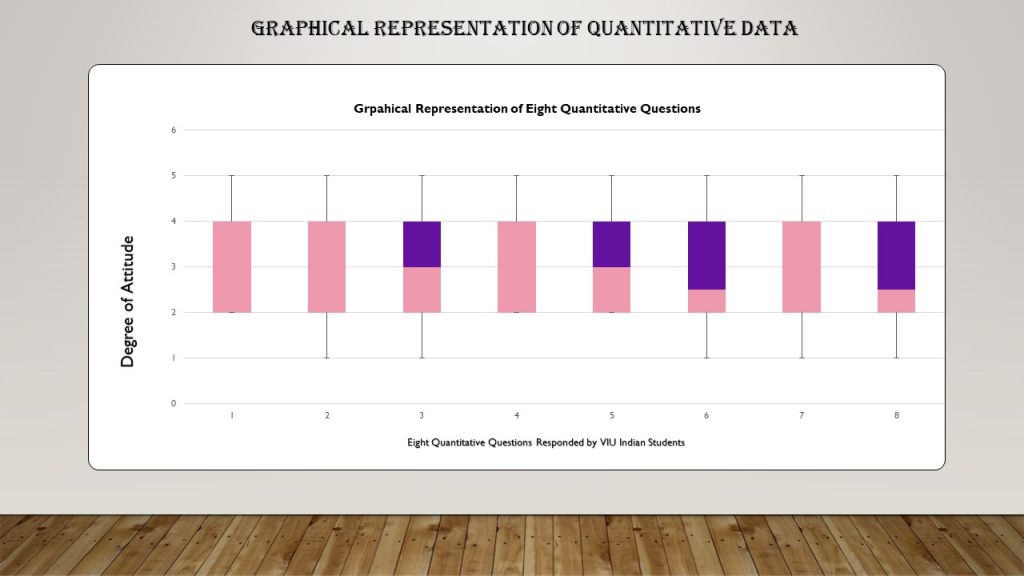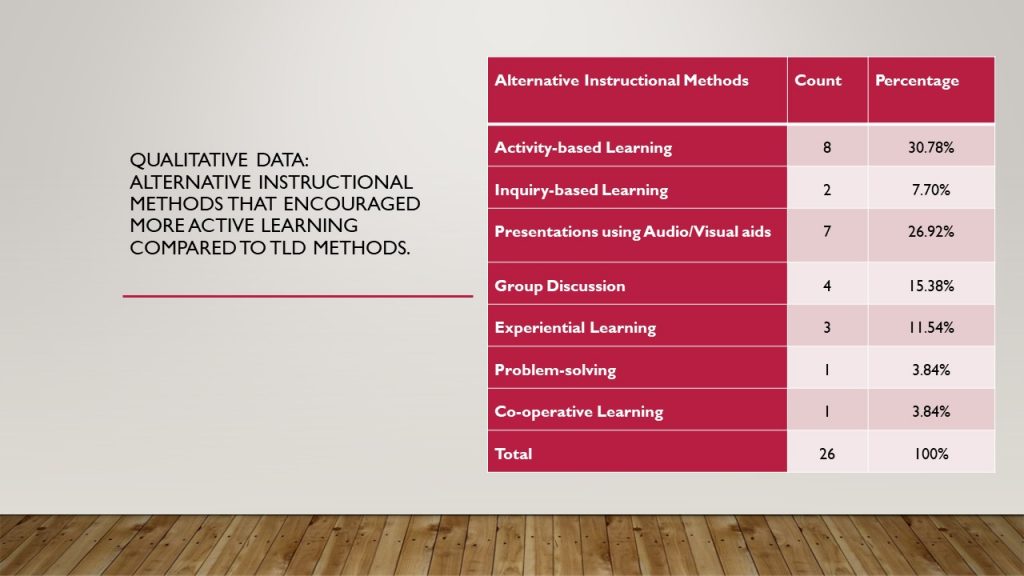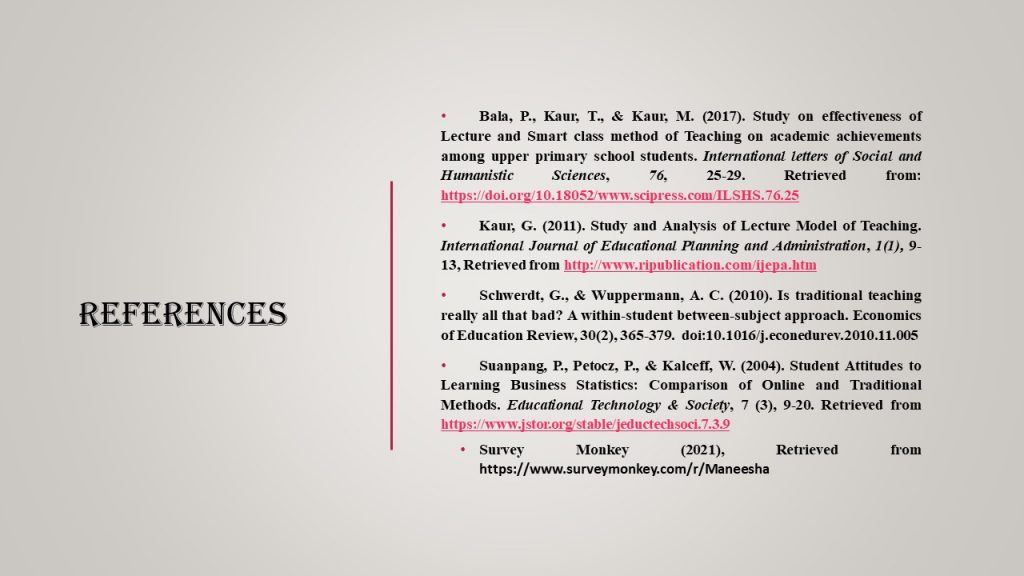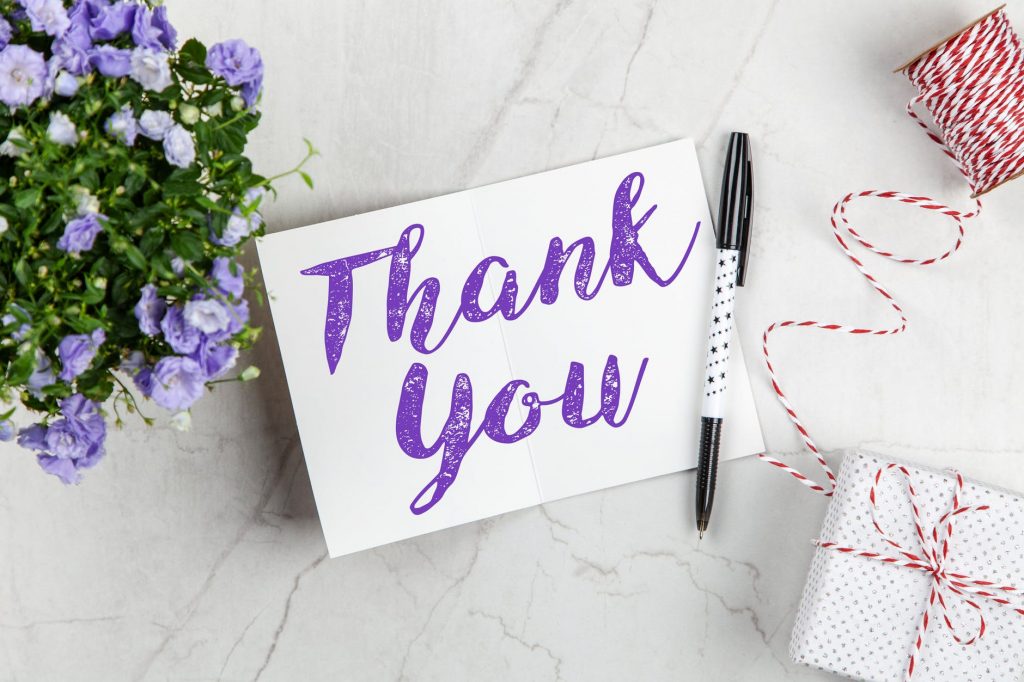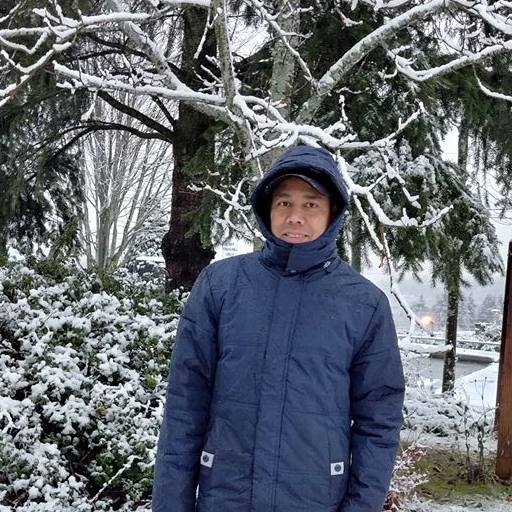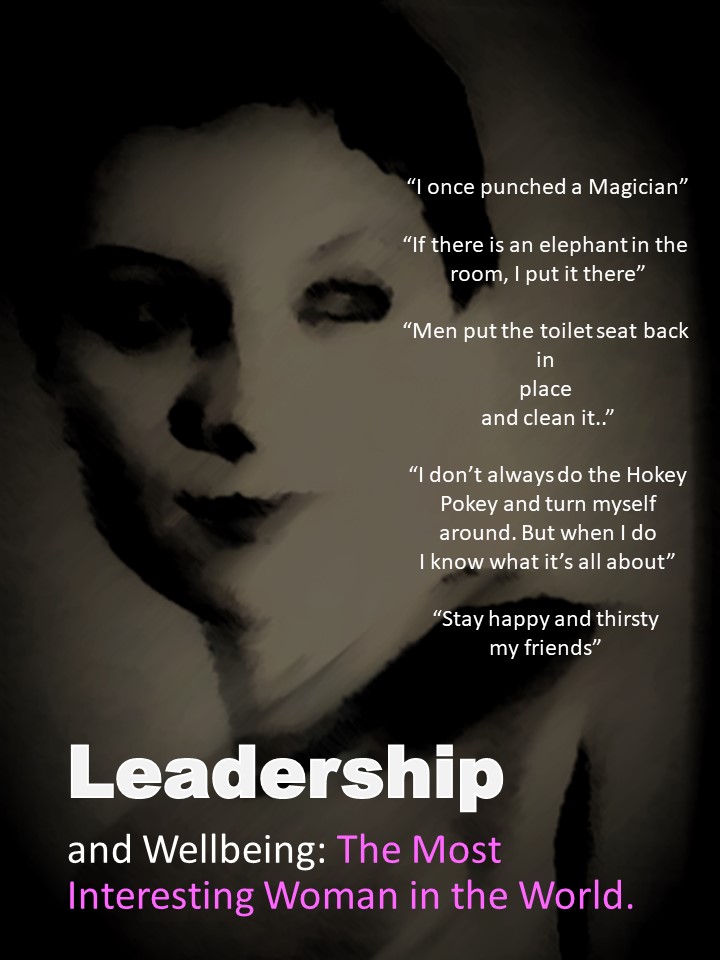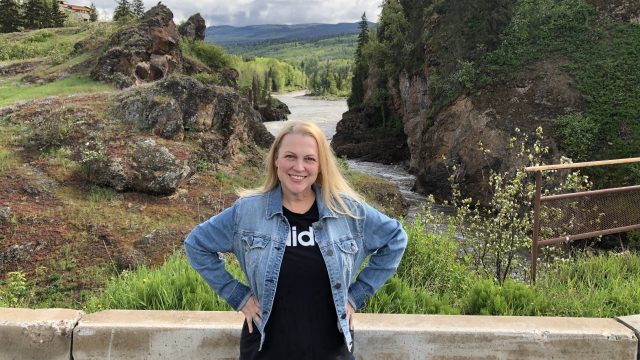Bindy Gill Master’s Thesis/Project Video link:
https://viu.video.yuja.com/V/Video?v=659630&node=3177733&a=75371464
Throughout my personal life, I have seen the benefits of having physical activity and movement intertwined in my day to day living and teaching. There is more motivation and focus, a better positive mindset and attitude, a willingness to take on challenges, problem solving and prompt wholesome feelings of wellness.
In my journey as an educator, I have seen an increase in sedentary time for children. As a result, children today can face increased physical and emotional health concerns. A potential approach to address these concerns is an accessible content website created to encourage and support teachers to facilitate opportunities for regular physical activity into their curriculum. Another theme of this project thesis was to address the challenging teacher task of improving student attentiveness in sedentary learning environments. The primary literature for time-on-task research substantiates the importance of physical activity to enhance student focus and responsiveness across the curriculum.
To these complementary ends, I designed a website with the aim to raise awareness about the benefits of physical activity in the classroom, as well as mitigate some barriers or challenges faced in implementing daily physical activity. It is hoped that Fit Stops (fitstops.weebly.com) will act as a resource guide for teachers to implement physical activity in the classroom by offering easy to access web-based resources that will help overcome these barriers and time-on-task challenges.
